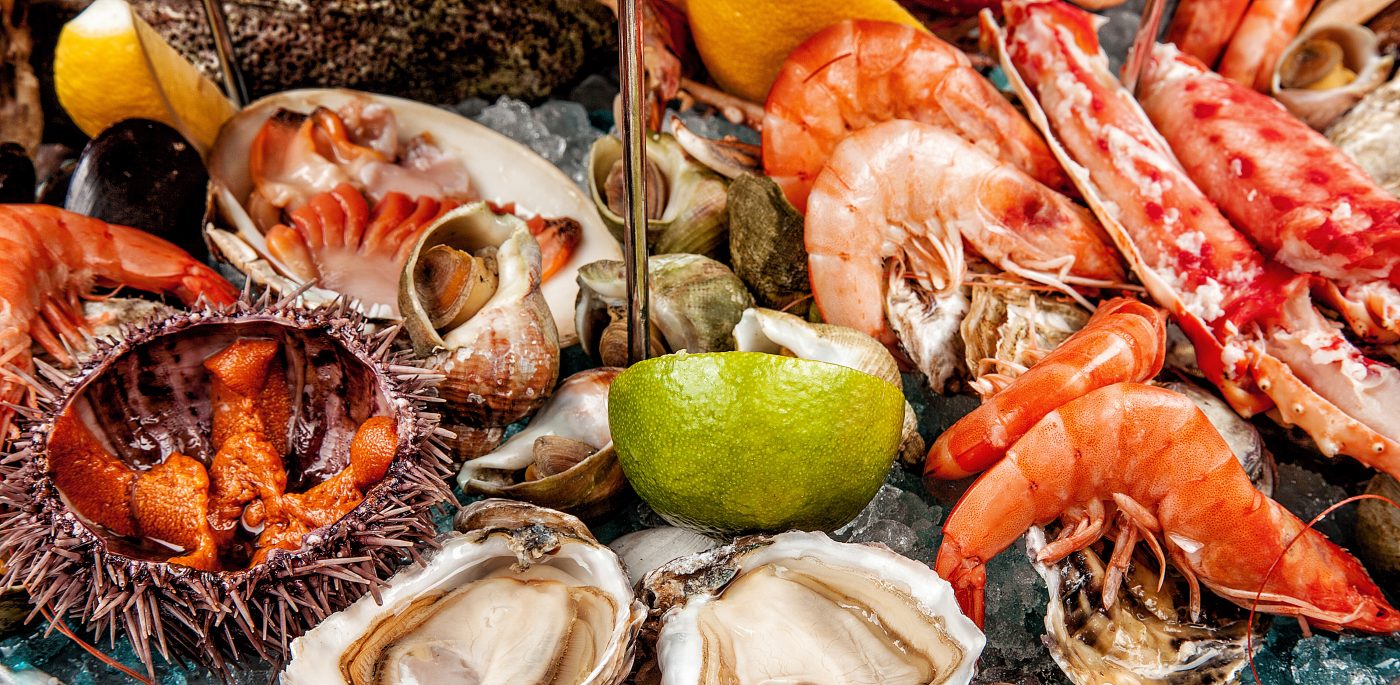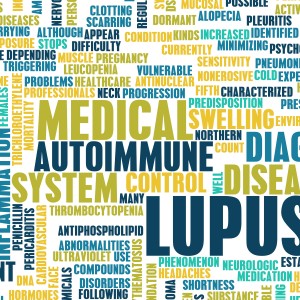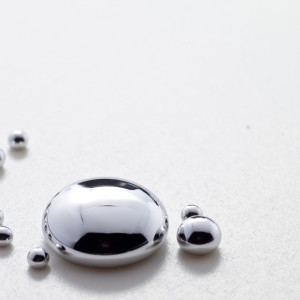Mercury in Seafood: Environmental Risk Factor for Autoimmunity
Written by |

 Researchers at the University of Michigan Health System recently published a study revealing that exposure to mercury through seafood is a key risk factor for the development of autoimmunity among women of reproductive age. The study entitled “Mercury Exposure and Antinuclear Antibodies among Females of Reproductive Age in the United States: NHANES” was published in the journal Environmental Health Perspectives.
Researchers at the University of Michigan Health System recently published a study revealing that exposure to mercury through seafood is a key risk factor for the development of autoimmunity among women of reproductive age. The study entitled “Mercury Exposure and Antinuclear Antibodies among Females of Reproductive Age in the United States: NHANES” was published in the journal Environmental Health Perspectives.
“We don’t have a very good sense of why people develop autoimmune disorders,” said the study’s lead author Dr. Emily Somers in a news release. “A large number of cases are not explained by genetics, so we believe studying environmental factors will help us understand why autoimmunity happens and how we may be able to intervene to improve health outcomes. In our study, exposure to mercury stood out as the main risk factor for autoimmunity.”
Mercury was found to be associated with autoimmunity, even at levels that are considered safe. There are more than 80 types of autoimmune disorders, characterized by an overreaction of the body’s own immune system that leads to the attack of healthy tissues from the individual, such as joints and organs. An estimated 50 million Americans, mostly women, suffer from autoimmune disorders, including systemic lupus erythematosus (SLE), which, according to the Lupus Foundation of America, affects 1.5 million Americans.
 Records from women between 16-49 years of age from the National Health and Nutrition Examination Survey (NHANES, 1999 to 2004) were analyzed. Hair, blood and urine were assessed as biomarkers of mercury exposure. Researchers found that a greater exposure to mercury was linked with a higher rate of autoantibodies, which are generated by the patient’s immune system against protein(s) of their own body.
Records from women between 16-49 years of age from the National Health and Nutrition Examination Survey (NHANES, 1999 to 2004) were analyzed. Hair, blood and urine were assessed as biomarkers of mercury exposure. Researchers found that a greater exposure to mercury was linked with a higher rate of autoantibodies, which are generated by the patient’s immune system against protein(s) of their own body.
“The presence of autoantibodies doesn’t necessarily mean they will lead to an autoimmune disease,” explained Dr. Somers. “However, we know that autoantibodies are significant predictors of future autoimmune disease, and may predate the symptoms and diagnosis of an autoimmune disease by years.”
Several fish consumption guidelines focus on pregnant women, women in reproductive age, nursing moms and infants. It has been established by the Environmental Protection Agency (EPA) and the Food and Drug Administration (FDA) that up to 12 ounces (340 grams) of seafood can be safely eaten weekly by pregnant women. King mackerel, swordfish and tilefish are among seafood with the highest levels of mercury, while shrimp, canned light tuna and salmon have lower levels of mercury.
Researchers emphasize that seafood has several health benefits since it is a lean protein containing vital nutrients. However, these findings indicate that women of reproductive age should be aware of the type of seafood they consume.
“For women of childbearing age, who are at particular risk of developing this type of disease, it may be especially important to keep track of seafood consumption.”




